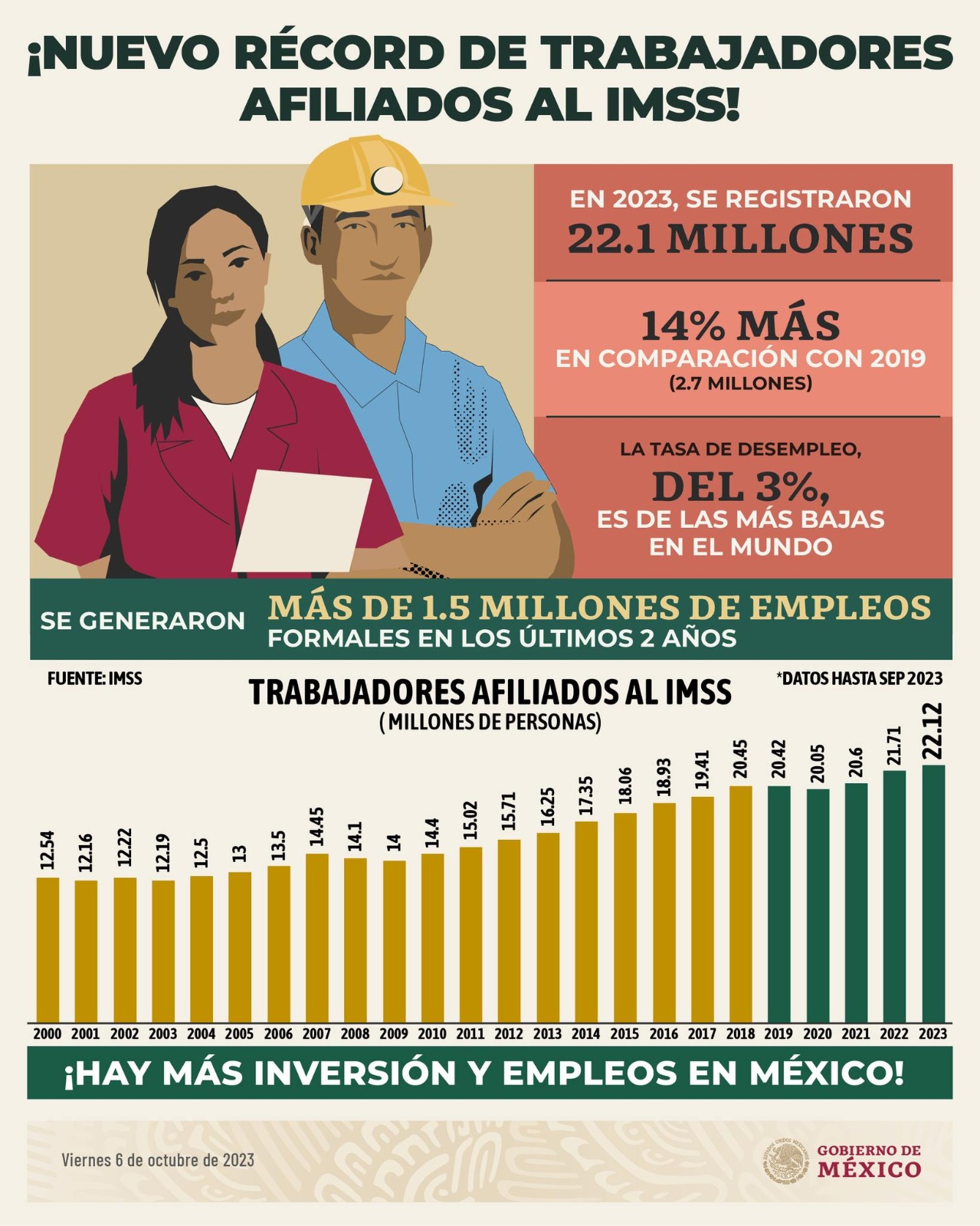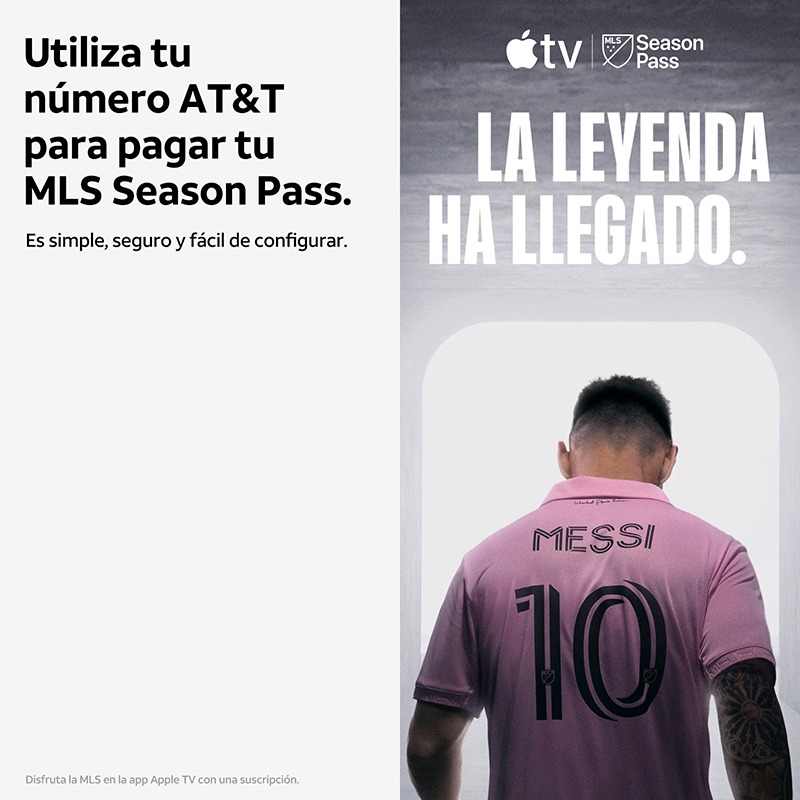Last June, Michael Bibi’s team announced news that no one wants to have to share: the producer had been diagnosed with CNS Lymphoma, a rare form of cancer.
Shows were cancelled, as the London-based artist went into treatment at the city’s Royal Marsden Hospital, with late nights at the club swiftly traded for days watching Netflix in the oncology department. “It was pretty intense,” Bibi tells Billboard on the phone from London, in what is presumably a massive understatement.
Trending on Billboard
He’s generous with his story in conversation, laughing a fair amount while recapping the last year of his life. That year started in treatment, included a last-minute trip to Ibiza to play the closing event of his Solid Grooves part, led to the September announcement that he was cancer free, brought him to Coachella for his first show back in the States in April, and now this Saturday (July 6) will find Bibi playing London’s Finsbury Park — a show being billed as the city’s “largest electronic event to date,” expected to draw 45,000 attendees.
The show will feature an extended set by Bibi, following performances by producers such as Chloé Caillet and Dixon, and also begins Bibi’s One Life concept, which will include another five shows throughout Europe through late September. The launch of One Life also establishes a new normal for the previously globetrotting DJ: playing a very select number of shows, most of them during the day and early evening.
“I am still very much in recovery,” says Bibi, 34 — adding that since leaving the hospital, he feels better on some days than on others. “I’m only doing a very, very, very, very limited number of shows, and making sure they are the best that they can possibly be.”
Below, Bibi talks about his diagnosis, the support he got from the electronic music community and how he is “so just living for each day right now.”
There’s so much I want to talk to you about, and maybe the best place to start is the show this weekend — which is obviously huge and I imagine meaningful for you in many different ways. How are you feeling about the performance?
I’m very excited. I was nervous. I mean, there’s a whole range of emotions going on, and they change daily, depending upon how I feel. It’s a mix of excitement and nervousness and anticipation – those are the main emotions that keep coming up. But I’ve been preparing, because I haven’t really played much at all since everything happened.
That must be nerve-wracking.
When you’re playing a lot of shows, you’re a well-oiled machine. You’re just in it constantly. It’s like being an athlete; you’re practicing while you’re playing, constantly keeping yourself in pinnacle condition.
But I haven’t played, for obvious reasons. So there are some nerves there. So I’ve been preparing for that, just messing around at a little studio at home. Actually, even just preparing for [the show] has been a quite healing process. It’s been a very healing process actually, just going through old tracks, new tracks — particularly old tracks, because they just have so many memories for me, different tracks and different locations and stuff. It’s been very healing. And emotional.
Was it always clear to you that you would come back to music, if you were able?
I knew that I was always going to come back to music. I just knew that I would never come back in the same way. Like, this is going to change me forever. I was touring a lot. I think that part of my life pretty much done now. I still want to do shows, and I’m still going to be touring, but I’m never going to be touring as heavily as I used to. And I just want a more of a balance in my life. But no, music is just part of me. I don’t think I could live without music.
Let’s go back to the beginning of all this. You and I spoke at Coachella in 2022, and the focus of that conversation and one of the big takeaways was that you were on this incredible rise and then the pandemic happened and put a stop to things. When you announced you had cancer, it was like “Oh my god, this is this is happening to him again.”
[Laughs.] Yeah.
How is it back now coming back now, this second time?
Yeah, it was hard. There were moments where it was like “I don’t know what’s happening here, but every time I seem to be having my moment, I get a major setback again.”
Yeah.
But this one was a lot more serious, I guess. More intense. I think the only way I got through it was just kind of surrendering. Acceptance of what is. You can make the best plan in the world, but it will never pan out how you planned.
So now, I’m just kind of living each moment, I guess you could say. Just living each day as it comes right now. Today right here, I’m alive. I’m sitting in sunshine. I feel good. So that’s about it. That’s all I need at the moment. The truth is I care a lot less about the whole — you know I remember that conversation, talking about the success and the pandemic and the hard work. Now I just care about being healthy.
Can you tell me when you realized you were sick and what it looked like in terms of getting the diagnosis?
I had tinnitus for a long time. And it just was getting worse and worse. I’d done every test you could possibly think of, and nothing was happening. Eventually, through some advice and a bit of luck, It came up with an abnormality. The doctors believe that we found it as a coincidence. So in a way, I got lucky, to have found it.
How long after getting that diagnosis did you go into treatment?
It took a long time to get a diagnosis. They found something in a very delicate area, which made immediate identification challenging. So after some time, once the diagnosis was done, I was getting treatment.
That’s fast.
I’d already been under medical care at that point, because my symptoms were getting worse. I did become quite ill at that point, because it took such a long time.
What were the conversations like with your team at that time? I imagine you just put an immediate pause on anything career related.
I mean, yeah. Shows just had to stop, and everything got put on hold for about a year, really. Then I went through all the treatment, and then doctors started telling me that everything was looking good and that possibly I could be getting back to work within a certain period of time. So then I was like, “Okay, if that’s what the doctors are telling me, then that’s what I’m planning for.” It was obviously a massive journey in between that.
I’m curious about the response from the electronic community. I think your first post about having cancer was last June, so right around this time. When did you decide that you want to share the news with the world?
I pretty much decided that I was going to share the news straightaway. When I didn’t know what was happening, there was a period where I didn’t really say anything, because there as nothing to say, really. We knew something was going on, but didn’t know what. Then basically, once I got admitted into hospital, I was in a situation where people were like “What’s going on?” I had to cancel shows.
So then I was like, “Right. I’m going to tell people what’s happening.” There was an option of either just going quiet, or speaking about it. I thought, “I don’t really have anything to hide.”
From an extremely outside perspective, the response seemed to be very big and very warm. What was your take on how the broad community reacted?
It was quite overwhelming. It was beautiful. Just nothing but love and support. The whole thing was overwhelming, but it was very hard to even grasp what was happening. When you’re in the middle of a storm, it’s very hard to see it from an outside perspective. And then I just posted, and from that point on, would post something on social media once a month, just to give an update of what’s happening. But I would not be on my phone. I just had to concentrate on getting through the treatment. It was pretty intense.
How were you spending those days during treatment?
Just with my family around me, kind of finding things to keep busy not involved in watching the outside world. A lot on the laptop, Netflix, making a bit of music. But then that started getting a bit hard. I was finding it hard to concentrate on stuff later on. I was in hospital for six months. That’s a long time.
When did it start to become clear that this was something you were going to beat?
Well, I would say my mentality — I always thought I was going to beat it. I didn’t really have any other options. I just had to like to be like, “Right, I’m gonna win. I’m gonna beat this no matter what.” If what you mean by that is when I got verification from the doctors, it’d probably be towards the fourth month in. Towards the end.
Were you listening to music at all during that time?
I wasn’t listening to club music. Not really appropriate for the environment I was in, but I was listening to a lot of like ambient house mixes actually. They were pretty cool. A lot of ambient stuff. Pretty nice.
The post where you announced you were flying to Ibiza for the Solid Grooves closing party at DC10 got such a huge response. What was that like for you, re-entering the club world even momentarily at that point in your recovery?
Yeah, it was quite overwhelming, that. I didn’t really anticipate quite how overwhelming. When you’ve been stuck in a hospital room for four months, when you’ve been stuck in there for a long time, isolated away from people, then you sneak back into the club and all eyes are on you, it is intense. [Laughs.] But good.
Like I said, it’s very difficult to feel what’s happening in the moment until afterwards. It’s really afterwards that you can reflect on things and go, “That actually happened.” It’s kind of like you’re in a dream when you’re in it. I’m not sure if the fight or flight mode or reality sets in afterwards. I don’t know how the brain works. But it was an emotional moment, for sure.
I can’t imagine a bigger dichotomy between the hospital and DC 10.
Complete opposite ends, and then back into hospital, like a week later.
That really must have been extremely surreal, to be back in treatment thinking like, “Did that even just happen?”
It was very reckless and very spontaneous. But it just worked out that — basically you have different cycles between each each treatment session. Each cycle is a month, or 21 days. then you get a five day period off, and usually that five day period, if you’re well enough to go home, you get to go home. If you’re not well enough to go home, you don’t. But it just so happened that it worked out perfectly that my cycle ended just when that closing party happened. And I was feeling well. So I thought, “Well I’ll just go.”
Did you run it by your doctor, like, “Hey, can I go to DC 10 tonight?”
I did not, no. She found out through social media and sent me an email.
What did she say?
I don’t remember exactly, but something along the lines of, “Please inform me next time.” Basically like, “Be careful.”
Fair.
But that’s when the whole One Life concept came up. Because I was like, “Well, you got one life, let’s live it.” I remember someone was like, “Are you really going to?” I think it was my brother, someone close to me, and I was like, “I’ve got one life, so let’s go.” And that’s where “one life, live it” came up. The concept basically is that — it’s living in the moment, living in now, embracing the now. If you’re well, and you have the capacity to enjoy life, enjoy it. Be free, and be happy, and don’t take things too seriously.
And so how are you enjoying your days, since getting out of the hospital and being told you’re in remission.
I’m focusing on being healthy. Also being in a hospital bed for that amount of time, I had to have a couple of surgeries, which left me a bit immobile for a while. I’m okay now, but there was a lot of rehabilitation from lying flat on my back for such a long period of time. So I’m in the gym now, just slowly rehabilitating myself, trying to get back to how I was, the old me. Eating well, three meals a day. Spending as much time as possible with my loved ones and my friends. Sleeping well is important to me. I’m not doing any shows that are late at night anymore. I’m just chilling for now. The doctor’s orders are literally “just chill,” and that’s what I’m doing.
Nourishing yourself and resting and gaining strength.
Yeah, because I am still very much in recovery. They told me recovery is a year from when you’re discharged, and I’m only seven months out now. They said work can start again — well, they weren’t specific, but they were like, “We’d be happy for you to start working around five or six months. But you have to listen to your body and take each day as it comes.”
How’s that going?
It’s difficult to do in my job because you have to plan, and there’s a lot of preparation. It’s not like I’m just going into the office and can be like, “You know what, I don’t feel like going into the office today.” It’s different. But that’s why I’m only doing a very, very, very, very limited number of shows and making sure they are the best that they can possibly be. And enjoying it and having fun.
The July 6 show is being billed as the biggest electronic show ever in London. To be able to do a very limited number of shows, but have it be at that caliber — what does that mean to you in terms of your return and your community?
London’s my hometown. I’ve got so many memories there. It’s just a very special place for me. I just wanted to do something to give back to everyone that I’ve ever been involved or worked with. And when I say that, I mean anyone who’s ever danced with us — just every single person that I may have had a moment with in my life and their lives.
I’ve been doing it for a long time now, especially in the U.K., so I knew there was going to be a very high demand for it. Deciding to do Finsbury Park — the response was amazing. It sold out pretty much straightaway, I think. So now it’s just about putting on the best show possible for everyone. Which I enjoy, but it also takes quite a lot of work.
How are you handling that work, considering, as you said, that you’re still in recovery?
I’ve got an amazing team around me, helping me. But obviously on the creative side, I’m having to do a lot. I probably bit off a little bit more than I thought I could chew. But it’s going well, I’m enjoying it now. To begin with, it was a bit — I have a very limited bandwidth for the moment. My brain is not functioning how it used to function. I’m okay, but concentration isn’t what I used to do. So I have to know my limit and what I can do each day. But I’ve got people around me helping me, which is great.
It’s just a slow process. I have to listen to my body, Take my time. Relax. But it’s difficult, because I’m a very motivated person. I like doing things. I have a lot of ideas. When I have to just chill, sometimes it can be frustrating, but it is what it is, so just get on with it.
Club world, nightlife, late nights, parties — do you foresee ever really returning to all that, or is there a new normal for you now?
Yeah, definitely. That’s why I said I don’t think I’ll go back to touring how I used to tour. How that landscape looks in the future, I don’t know. It’s always changing. But for now, while I’m in this recovery period, it is definitely only daytime shows and very limited shows.
I’ve had lots of offers. People are offering all sorts of different crazy, amazing, beautiful shows. It’s like “Wow, amazing,” but I just have to say no for now, because I am in recovery. That’s the thing — I have to remember myself, and also sometimes I have to remind other people that I am still recovering. I know I look well, and I’m pushing, but it’s hard.
And I imagine when you’re getting these amazing offers, and are, as you’re saying, a doing type person, you have to restrain yourself.
Yeah, exactly. Exactly.

Can you tell me about the decision making behind playing Coachella this past April?
That [offer] came in last minute, really. It was on the table earlier on, because I wasn’t announced on the main lineup. At that period of time, I was like, “It’s quite soon. I’m not sure if I’m doing well enough.” Then they came back and were like, “We’re doing a new stage. Can you play?” It was only a month away from the festival, I think, if that. I felt well, so I thought, “Okay, let’s do it.”
I kind of liked it like that, that last minute thing. I’m leaning towards that at the moment. If I did do any extra shows — there might be some surprises coming down the pipeline where I’m just turning up. Because it’s like the whole process of “I don’t know when I’m gonna feel well and when I’m not going to.” So it’s like, if I feel well, maybe I might show up somewhere.
That’s interesting. You, by necessity, having to make game-time decisions lends itself to doing last-minute shows which are inherently quite buzzy and excitement generating.
Yeah. It’s kind of what happened with Ibiza and Coachella. And also I played in Barcelona a couple of weeks ago. That wasn’t planned. That was just last minute, spur of the moment. It was Solid Grooves, my party, but I wasn’t supposed to be playing. And then it was “Yeah, I feel well. I’m gonna come to Barcelona and play.” And I did.
Your Coachella crowd was huge. How did it feel to be received like that?
It was incredible. And also, my mum came out with me and my brother and other people from my family and my close friends. And it was just, it was amazing. I do love the States. I had a good time there before I got sick. I will get back over there and start doing things at some point when I feel well. It’s easier to fly around Europe, but getting to the States takes a little more planning.
Do you feel like your purpose is different now?
Most definitely. I’ve been debating with this a lot. I just want to help other people. How I go about doing that exactly, I don’t know. I know I help people with my music. I know I’ve helped people with my story. Just going through what I’ve been going through — there’s a lot of other cancer patients, all different types of cancer patients that have reached out to me, or their families shave reached out, saying that I’m inspiring them, or giving them hope when they don’t have any other hope.
I like that, and I am enjoying that. So I’m in a process where I’m trying to figure out what the next steps are to keep developing on that, because I really want to do that. The hospital where I got treated at are involved in the London show. We’re making some donations to them, and they’re coming down and have stalls to raise awareness for cancer treatment, prevention and all these different things. So I don’t know whether it’s cancer specific, or whether it’s just in general yet, but I know I want to help people.
Has this experience shifted your taste in music, or the kind of music you want to play?
Very good question. I still enjoy the same music that I did before. I think maybe now I have a broader scope on the music I enjoy. I haven’t played many club shows yet, so I don’t know how that will translate into the clubs. Maybe it won’t; maybe it will. But you know, I’m a producer and a DJ, and I know one of my main skills when I DJ in particular is that I can read a room very well. So I’m going to keep it spontaneous, have all different types of music available to me and then just play what I feel is right.
But, I am so just living for each day right now. Planning things is so difficult. But I’ve accepted it, and there’s freedom to it — when you do really, really live in the moment.




